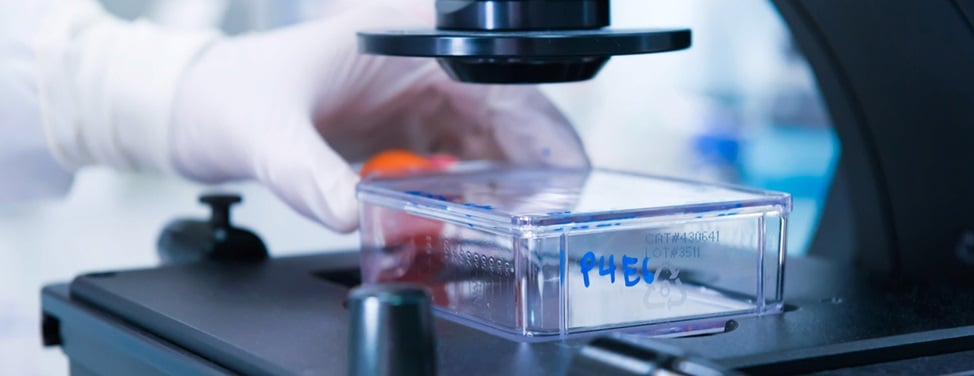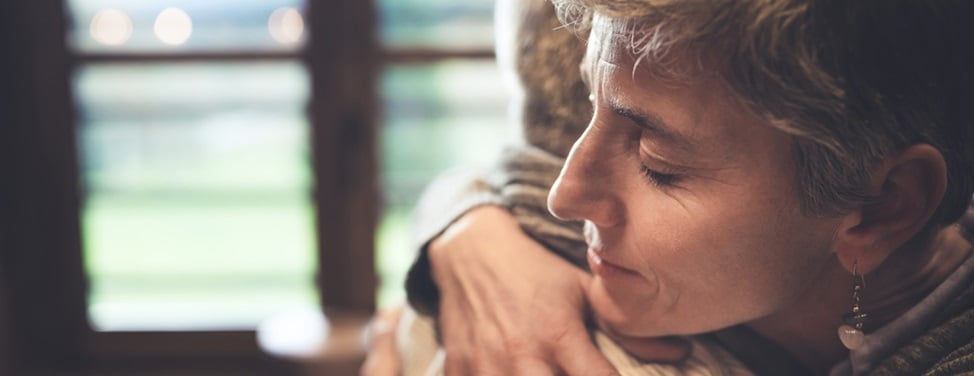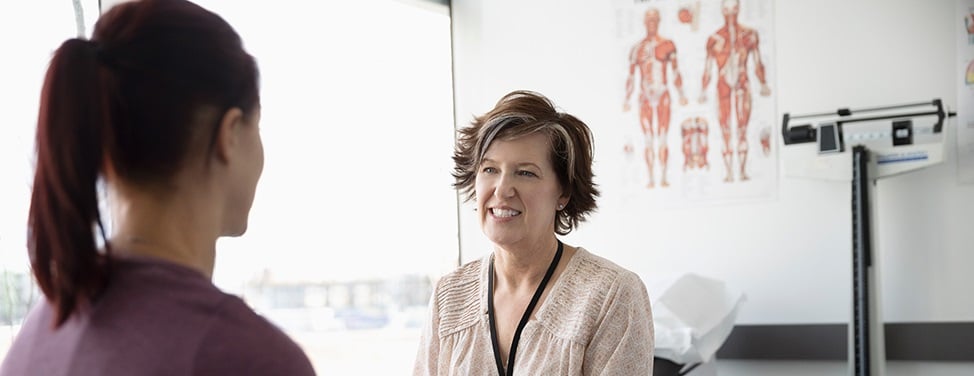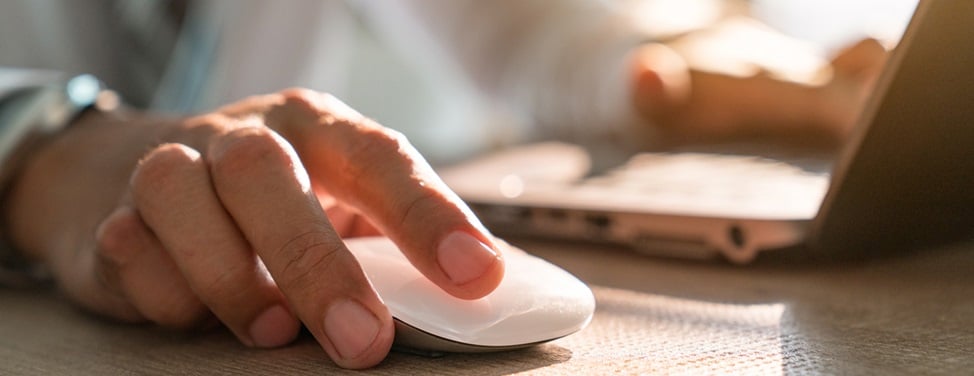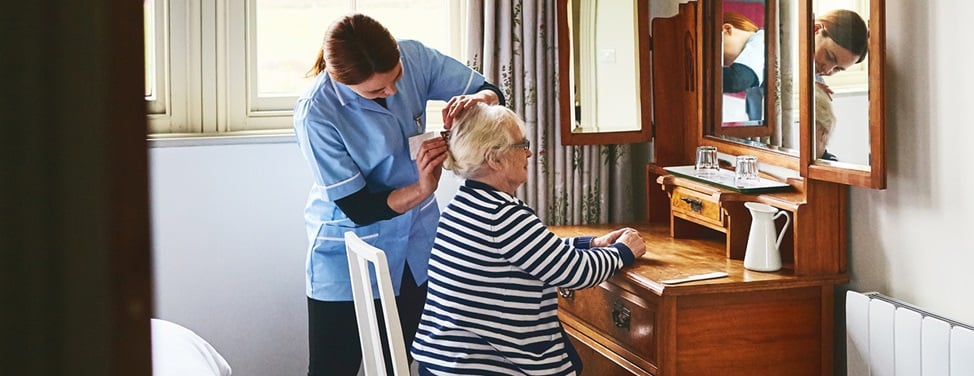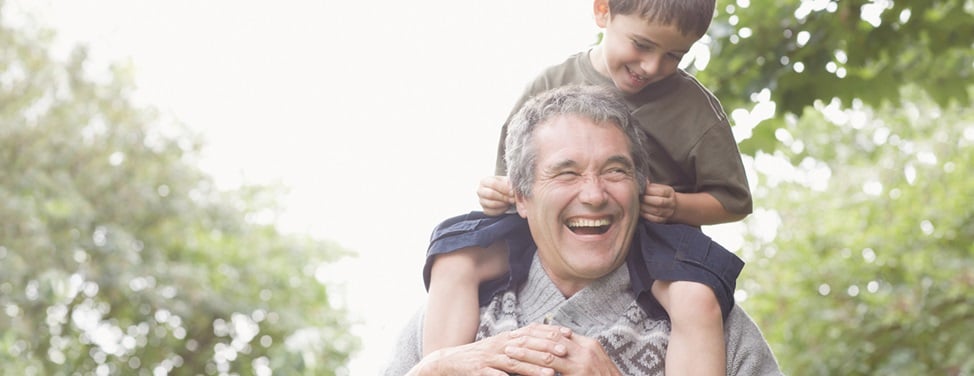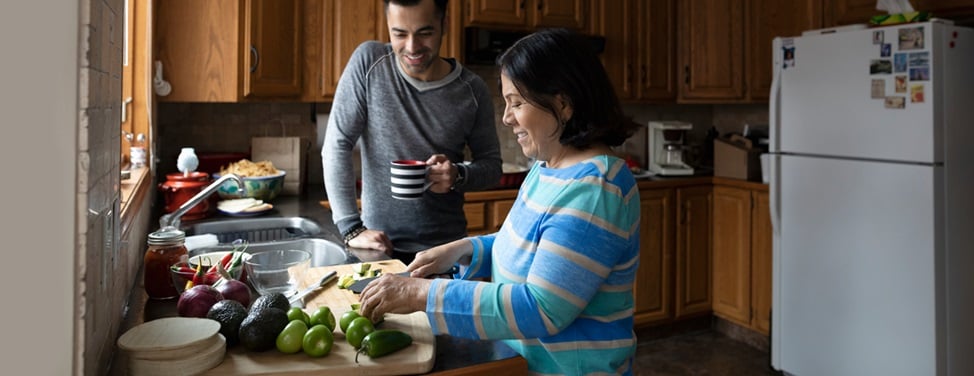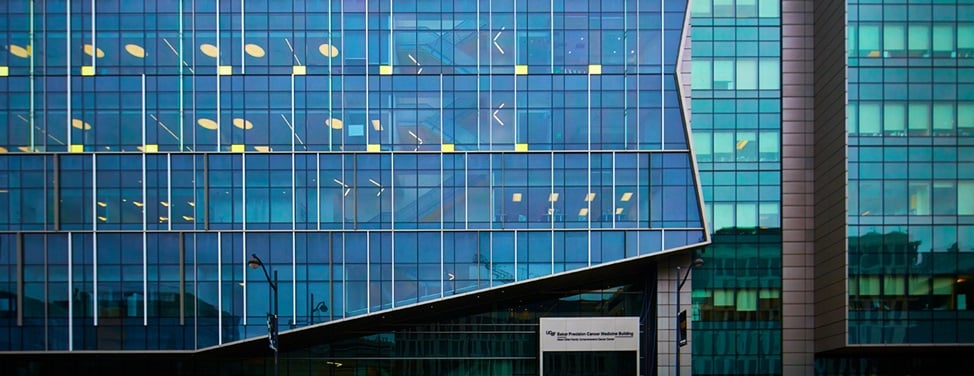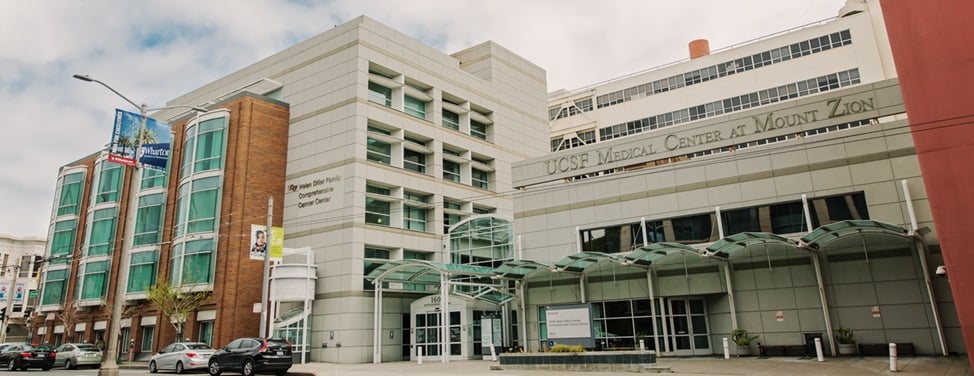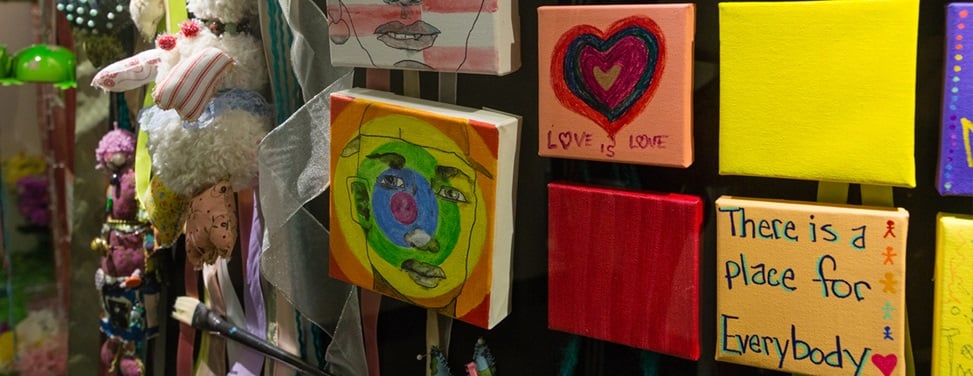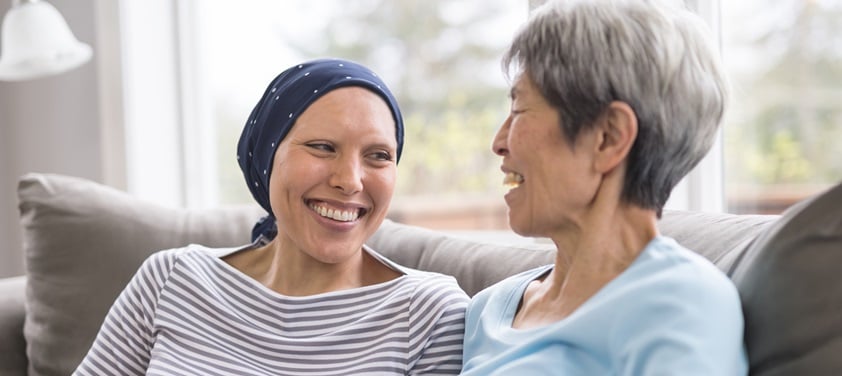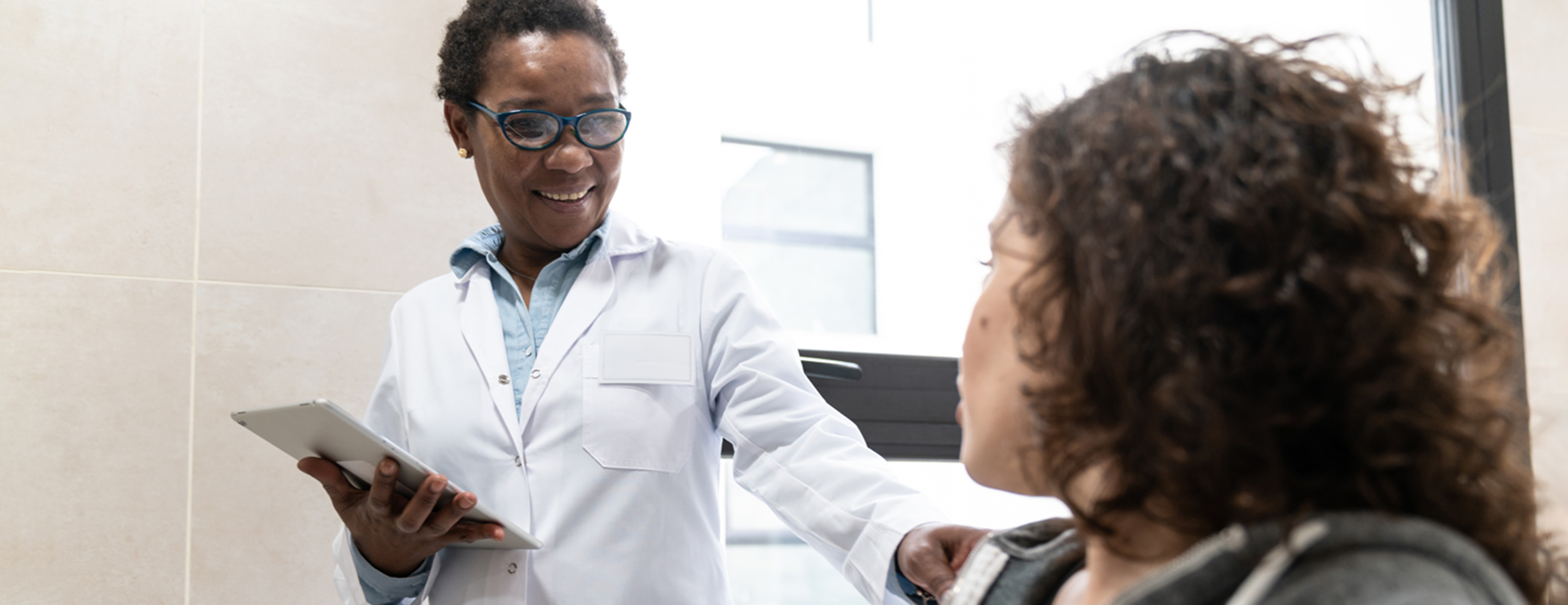
Cancer Radiology Scans and Reports FAQ
- What is the difference between a radiology report and radiology films or scans?
- Why is my doctor requesting the scans?
- How do I obtain the scans?
- What scans should I request?
- In what format will the scans be provided?
- Where should I send the scans?
- How should the scans be packed?
- Can I get a copy of the scans for myself?
- What should I do if the scans are lost?
- Are there fees for obtaining and reviewing the scans?
- Will I need radiology scans for follow-up appointments?
What is the difference between a radiology report and radiology films or scans?
A report provides the findings of a radiologist who reviews your films, also called scans. Films or scans are images such as an X-ray or magnetic resonance image (MRI). During your first appointment, your doctor will ask to see your radiology reports and films.
Why is my doctor requesting the scans?
Your UCSF doctor may review the radiology report as a starting point to plan your treatment. Scans are used to confirm the diagnosis and plan the surgery or other treatment. Your radiology films will be reviewed by UCSF radiologists who collaborate with your doctor.
Call the hospital or facility where the scans were performed. If you call a hospital, ask for the Radiology department. UCSF prefers scans to be on CD ROMs, which stands for "compact disc read-only memory." Please ask that the CDs are provided in DICOM format, which stands for "digital imaging and communications in medicine." Radiology may request that you sign a release to provide the scans. A release form for UCSF Medical Center is available online. This release also can be used for your medical records and tissue slides.
Request any scans related to the disease for which you are being referred to us. These include:
- Bone scan
- Computerized tomography (CT)
- Magnetic resonance imaging (MRI)
- Mammograms
- Positron emission tomography (PET)
- Standard X-rays
Information about ultrasound results are provided in a report.
In what format will the scans be provided?
Scans traditionally have been oversized, black translucent films but increasingly they are saved on a compact disc (CD).
Where should I send the scans?
Please send your scans to the UCSF clinic where your appointment is scheduled. If you have CD ROMs, please use a major shipping company, such as FedEx or UPS, so you can obtain a tracking number and confim delivery. Please send them a week before your appointment so we have time to download the CDs and review the scans. You also can deliver the CD ROMs in person.
If you have translucent film, you may bring them with you to your appointment.
How should the scans be packed?
If you have translucent film, please keep in mind that they are fragile. They may bend, causing a kink that can make reviewing the films difficult. These films should be packed in a stiff oversized envelope, which may be provided by Radiology. If the scans are on CDs, they should be packed for sending in a bubble-wrap envelope since the disc can be scratched, bent or shattered.
Can I get a copy of the scans for myself?
If your scans are saved to CDs, please request two copies. To protect your privacy, we destroy all CDs after downloading the scans to our radiology system. Copies of translucent films can be retrieved after they have been reviewed. It may take several weeks to complete the review. Original translucent films will be sent back to the facility that provided them.
What should I do if the scans are lost?
Most radiology films are stored on computers. If a film is lost, you can usually request a copy from the hospital where the scan was performed. Please confirm that the hospital has another copy before taking a scan.
Are there fees for obtaining and reviewing the scans?
The hospital providing the films may ask that you pay the FedEx or UPS charges. If the films are lost, there could be a fee to replace the films. When UCSF Radiology reviews the films for a second opinion, it charges a fee. Typically, your insurance plan will cover the cost and our staff will seek an authorization from your insurance company.
Will I need radiology scans for follow-up appointments?
Yes, if you continue to receive care at UCSF and your radiology tests aren't performed here, please bring all new radiology films and reports to your UCSF appointments.
To learn more, please visit FAQ: Cancer Pathology Tissue Slides.
UCSF Health medical specialists have reviewed this information. It is for educational purposes only and is not intended to replace the advice of your doctor or other health care provider. We encourage you to discuss any questions or concerns you may have with your provider.






